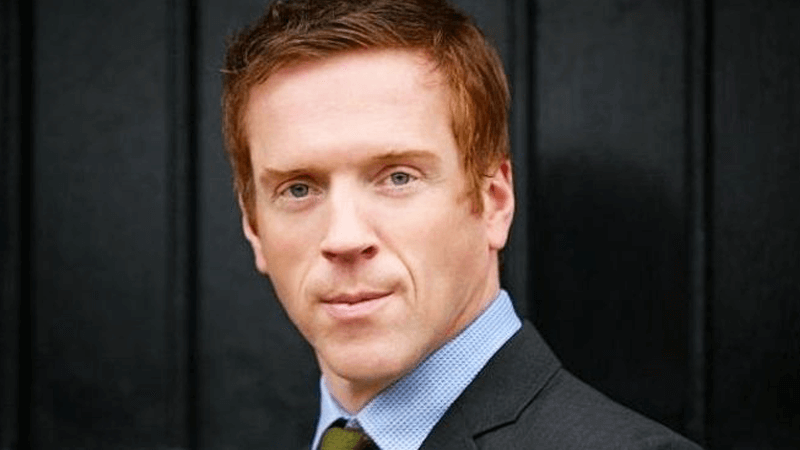Damian Lewis defends West End bestiality play

Thirteen years after it was first performed, Edward Albee’s controversial play ‘The Goat, or Who Is Sylvia?’ has returned to the West End.
Damian Lewis stars as Martin, a high-flying architect who destroys his seemingly perfect marriage after revealing he’s having an affair.
Sadly adultery plays have long ceased to be controversial.
We live in a country where one in seven divorces are given on the grounds of adultery, and websites promote affairs for married people.
“I noticed people coming out of this play afterwards looking completely shocked”
Since straightforward adultery is no longer bad enough, more controversy is needed.
So in this play, which one critic has called a “profound and multifarious masterpiece”, Sylvia – the object of Martin’s affections – is a goat.
‘Completely shocked’
Lewis, now a major TV star in both Britain and the US, was interviewed by Andrew Marr in April.
“The play, in its purest form, is about a man who has an affair with a goat”, said Lewis, candidly.
“His wife is heartbroken by the infidelity first, and we have an exploration of love and infidelity and the different manifestations of love.
“And then on the other level, there is his need to normalise what he’s done.
“What’s so wonderful and brilliant about the play is that you are asked as an audience member to engage fully in the idea that he has had a relationship with an animal.”
Marr queried whether the play would have been put on without a top actor or actress to draw in the punters, whom he claimed didn’t know “what they were getting into”.
He also remarked: “I noticed people coming out of this play afterwards looking completely shocked”.
‘Unappetising plea for liberalism’
Not content with promoting adultery or even bestiality, The Goat seeks to normalise the act and behaviour.
Analysing the play, literary academic Bhushan Aryal said that the play intends to show people the notion that “heteronormative sexuality” is just a societal construct, and that love is on a spectrum.
“There is a clear liberal bent here since the moral relativity that the work introduces is crucial to progressive attitudes.”
Susannah Clapp, of The Guardian, said that the play “aims to take its audience from incredulity to complicity”.
But it is Professor Martin Eve, of Birkbeck, University of London, who best sums up the play when he says: “There is a clear liberal bent here since the moral relativity that the work introduces is crucial to progressive attitudes.”
No wonder, then, that it’s been called “an unappetising plea for liberalism”.
‘Catalogue of taboos’
Prof Eve adds that it is not only the bestiality which causes controversy, but a “catalogue of taboos”, including homosexuality, incest and paedophilia which are deployed in order to question “the nature of sexual love”.
Yet throughout the play, Martin attempts to justify his perversion, and the play “makes it clear that he has no regrets”, writes Prof Eve.
The Goat is, at first glance, an adultery play with a twist. But it is the way that bestiality, along with other moral vulgarities, is promoted as simply part of a spectrum of sexuality that makes it so controversial.
The question the play tries to pose is: Why are some aspects of sexuality considered acceptable, while others are repugnant? Why is there a line drawn at all?
A better question is: Why was this appalling play performed at all?
